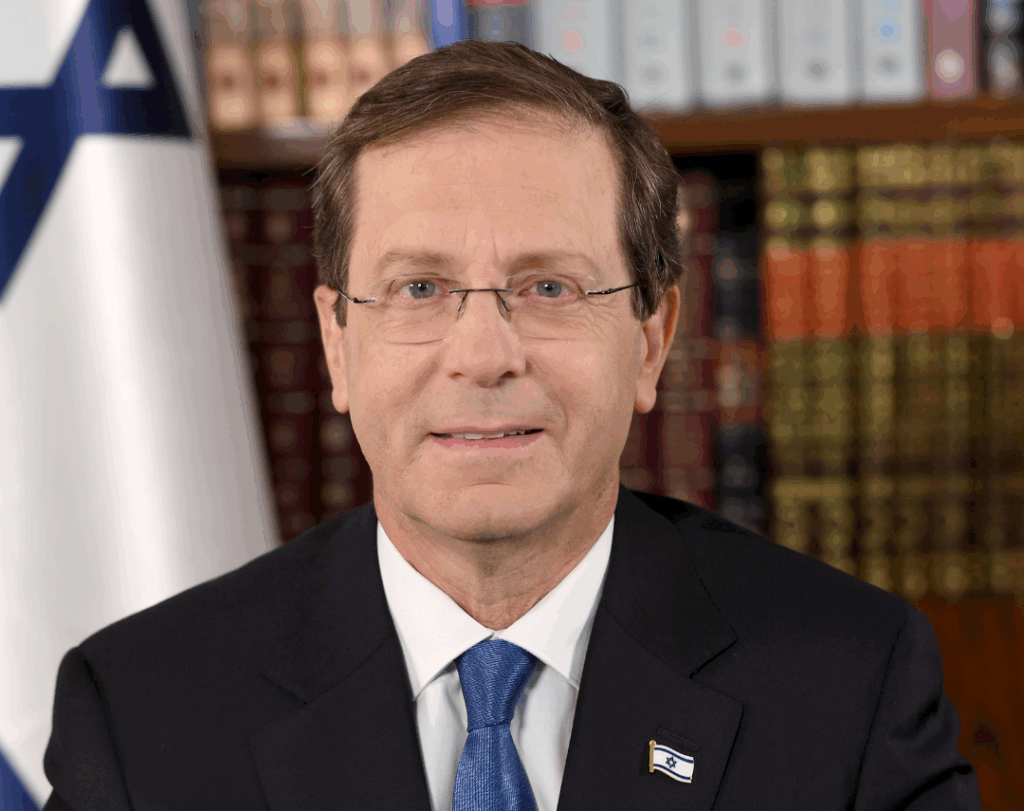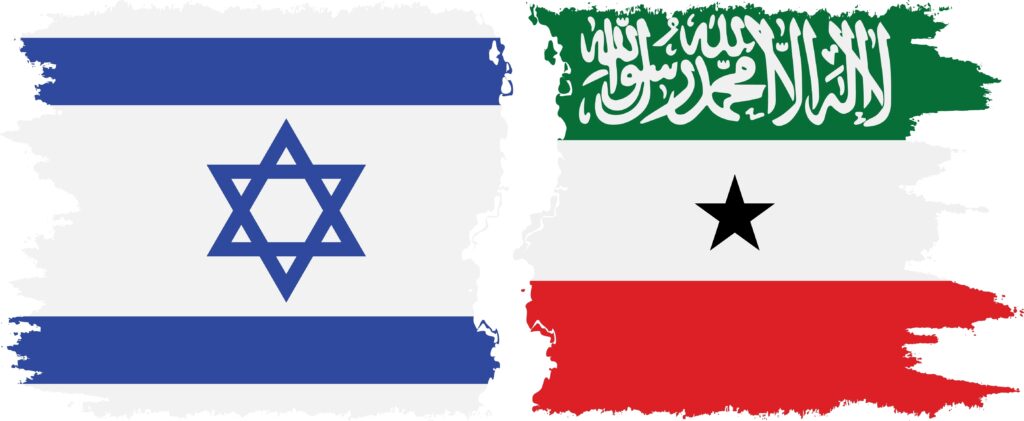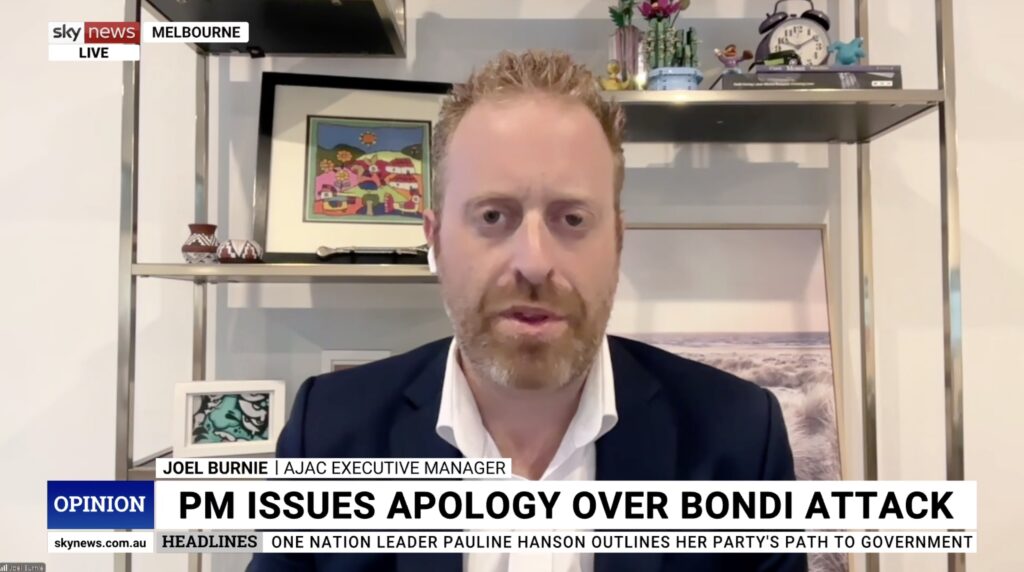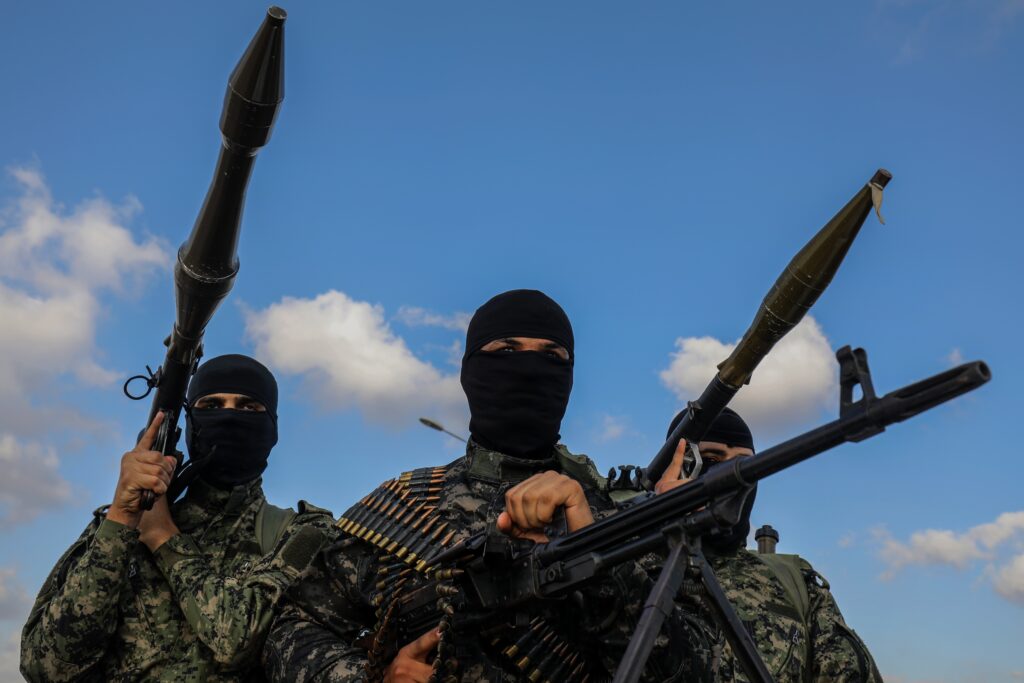IN THE MEDIA
More unites Australia and Israel than divides
November 27, 2025 | Colin Rubenstein
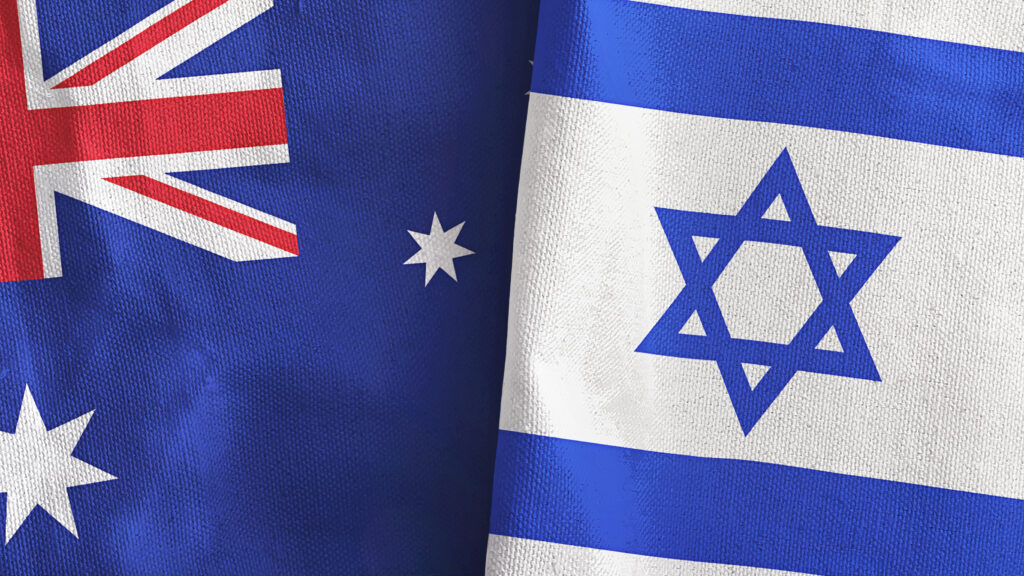
Australian Jewish News – 27 November 2025
Even before it convened, it was a given that this year’s Australia-Israel Strategic Dialogue – in the past known as the Beersheva Dialogue in commemoration of the famous charge of the Light Horse Brigade – was going to be especially memorable. In fact, the conference, co-hosted by AIJAC and Peter Jennings of Strategic Analysis Australia along with Israeli partners Brig. Gen. (res) Yossi Kuperwasser from the Jerusalem Institute for Strategy and Security and Ambassador Mark Regev from Reichman University’s Abba Eban Institute exceeded expectations in many ways.
Initiated and co-founded by AIJAC a decade ago, and alternating between Australia and Israel, the forum returned to Tel Aviv last month for the first time since the October 7 massacre and the long and difficult war that followed.
But what nobody could have predicted in planning the event was that the Trump ceasefire deal would precede the conference by a week, bringing all the living hostages home and the Gaza War to an end, at least for now. This most auspicious development energised discussions on rebooting the damaged bilateral Australia-Israel strategic and security relationships. It also led to explorations of the many unresolved challenges in pursuing a pathway to peace in Gaza, as well as pressing regional Middle East defence issues, including the post-war posture of a weakened but still very dangerous Iran.
Together with sessions on China’s challenges, Asia-Pacific concerns and also on where Australia and Israel fit into the Trump Administration’s foreign policy, the changing strategic context made for lively, substantive, ongoing discussions.
Israel’s home-field advantage meant the Australians were treated to a relatively larger number of high-profile Israeli and regional experts and other participants.
The Australian delegation included strategists, analysts, and politicians from both sides of the aisle, including shadow defence minister Angus Taylor and former State Labor Ministers Kevin Foley (SA) and Philip Dalidakis (Vic). Yet regrettably – for the first time in the conference’s history and hopefully the last – no representative of the sitting Australian Government accepted the invitation to attend, while the Australian Embassy sent diplomats strictly in the capacity of observers.
There was certainly substantial comment on the Albanese Government’s spate of rash and polarising positions vis-à-vis Israel, the IDF and the Israeli defence industries during wartime, and especially its lack of moral clarity and realism in Australia’s recognition of a Palestinian state – a stance which empowered Hamas and marginalised Australia as a regional player. More positively, the Australian Government’s prompt action in publicly announcing Iran’s role in major antisemitic attacks in Australia and expelling the Iranian ambassador was also commended.
The Australia-Israel Strategic Dialogue, made possible by our generous sponsors, will continue to aim at increasing and improving Australia-Israel ties. This is clearly in the national security interests of both Australia and Israel, based on the reality that there should be far more that unites Australia and Israel than divides us.

